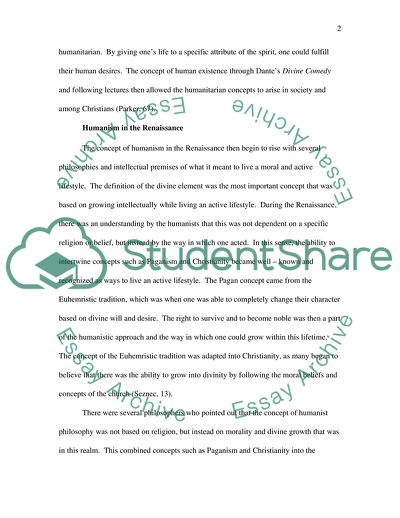Cite this document
(The Concept of Defining Human Existence Coursework Example | Topics and Well Written Essays - 1750 words, n.d.)
The Concept of Defining Human Existence Coursework Example | Topics and Well Written Essays - 1750 words. https://studentshare.org/philosophy/1743045-humanists-in-the-renaissance
The Concept of Defining Human Existence Coursework Example | Topics and Well Written Essays - 1750 words. https://studentshare.org/philosophy/1743045-humanists-in-the-renaissance
(The Concept of Defining Human Existence Coursework Example | Topics and Well Written Essays - 1750 Words)
The Concept of Defining Human Existence Coursework Example | Topics and Well Written Essays - 1750 Words. https://studentshare.org/philosophy/1743045-humanists-in-the-renaissance.
The Concept of Defining Human Existence Coursework Example | Topics and Well Written Essays - 1750 Words. https://studentshare.org/philosophy/1743045-humanists-in-the-renaissance.
“The Concept of Defining Human Existence Coursework Example | Topics and Well Written Essays - 1750 Words”. https://studentshare.org/philosophy/1743045-humanists-in-the-renaissance.


